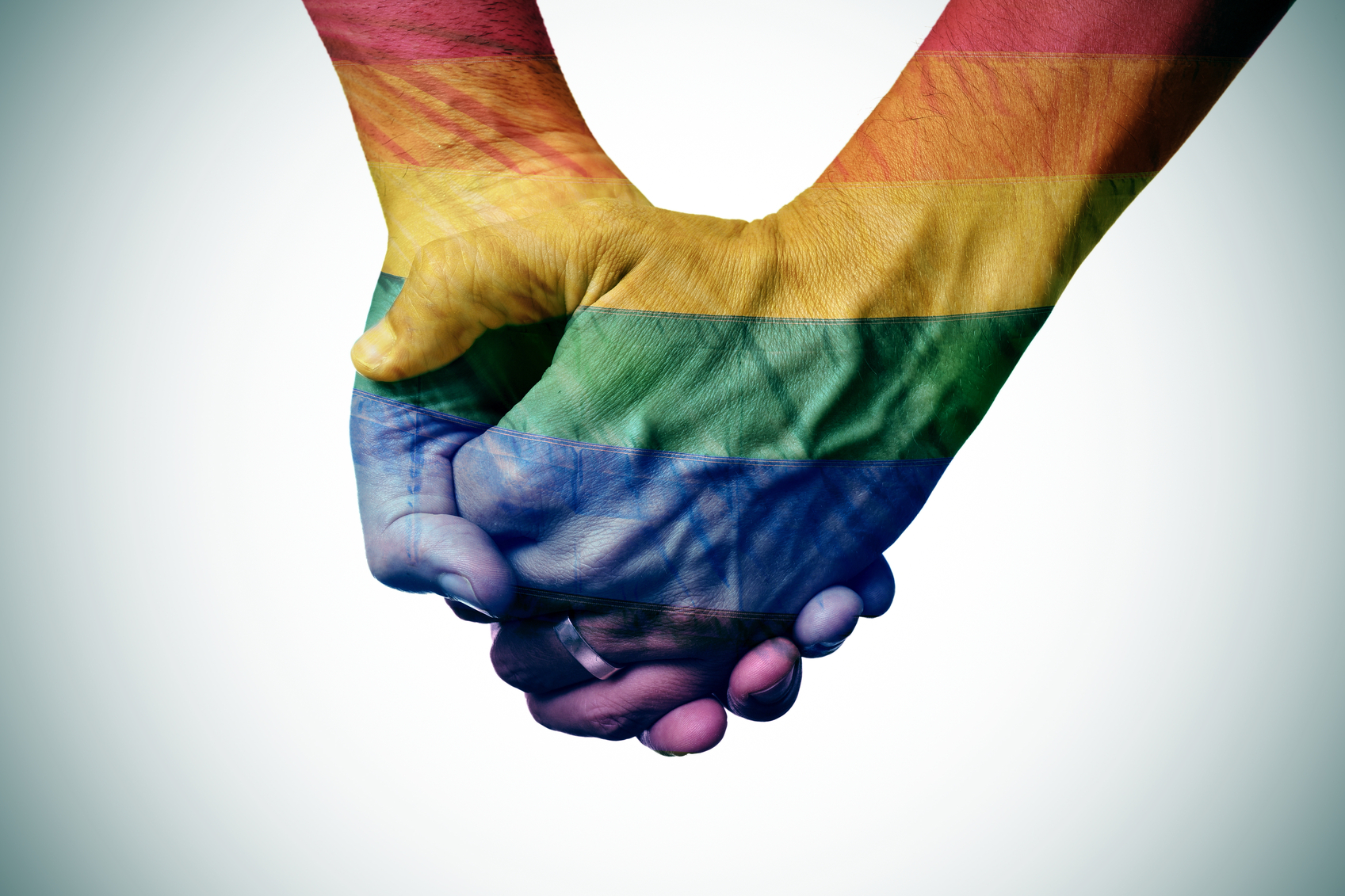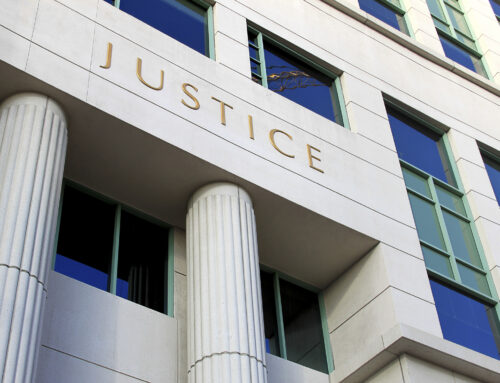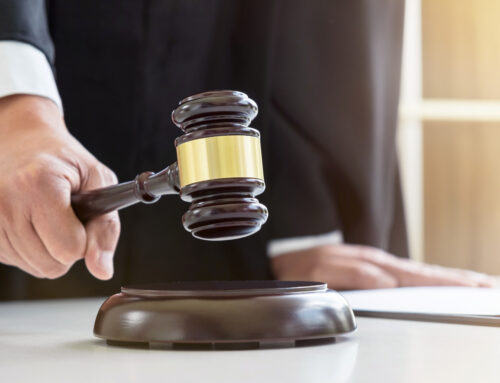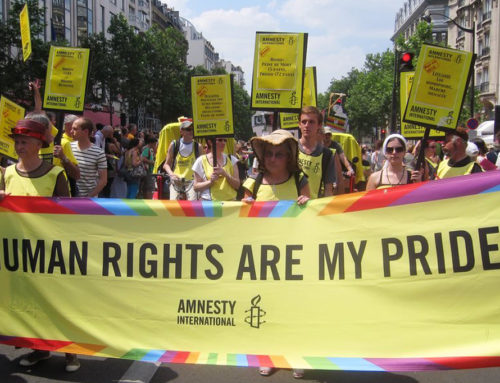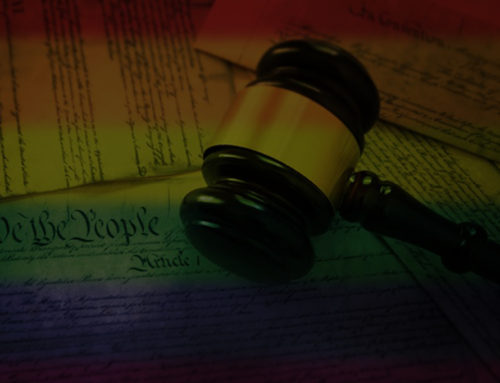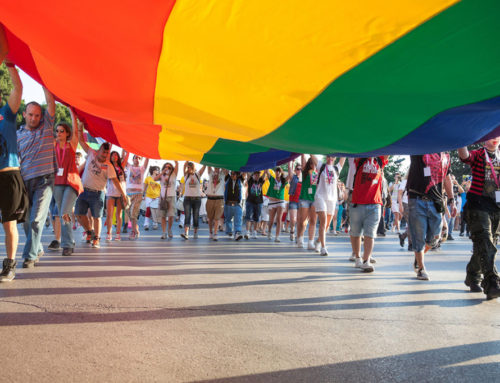The Fairness for All Act and the Equality Act are two bills that were recently introduced in the U.S. House of Representatives. Both seek to add sexual orientation and gender identity to current civil rights laws.
However, the similarities between the two bills stop there. The Fairness for All Act seeks to also add several distinct exemptions for religiously-affiliated organizations and individuals. These loopholes would allow for these groups to discriminate. This could have a devastating effect on LGTBQ rights, especially in the workplace.
What is the Fairness for All Act?
The Fairness for All Act is a potential bill that was introduced in December 2019 by Congressman Chris Stewart (R-Utah) and several of his Republican colleagues. The stated purpose of the bill is to act as a compromise by protecting both LGTBQ people and religious liberty.
The bill highlights nondiscrimination protections for gay and transgender citizens. It also features more in-depth protections for people of faith. Most discrimination against the LGTBQ community would be outlawed in public spaces and areas of public life. However, it also creates several safeguards for religious organizations. This includes religiously affiliated schools, adoption centers, and marriage counselors.
Criticisms of the Fairness for All Act
The main criticism of the Fairness for All Act is that it will erode protections already granted to LGTBQ individuals. While the bill purports to be a compromise, it is actually undermining rights that have already been granted. The safeguards in the act are actually loopholes that let federally-funded religious organizations and individuals ignore civil rights protections already granted by law.
Another major criticism of the bill is that it basically gives religiously affiliated organizations and individuals permission to discriminate against the LGTBQ community. This is particularly noticeable in child welfare. The bill would create a new voucher system that allows religiously-affiliated child welfare providers, those that generally receive heavy federal funding, to discriminate against people who do not meet the organization’s religious criteria. This discrimination could be towards LGTBQ people and other individuals belonging to other religious groups.
A final critique is that the Fairness for All Act will create a different standard for discrimination against the LGTBQ community. Currently, there are laws that protect certain classes of people from discrimination including those based on gender, race, or religion. This proposed bill would offer some, but not equal, protections under the law. This means that LGTBQ people are seen as less worthy of protection as decided by the U.S. government.
What the Fairness for All Act Could Mean for LGTBQ Workers
The bill would give religious organizations the express ability to discriminate based on sexual orientation or gender identity. This would include discrimination in the workplace. For example, a religiously-affiliated organization would now be able to refuse to hire or fire someone because they were gay or they identified as a member of the LGTBQ community.
While the act would expand existing federal discrimination employment laws to include sexual orientation and gender identity as protected classes, it also offers loopholes to continue to discriminate if an organization or individual is religiously-affiliated. Basically, this means that the government would not target these organizations for fines or lawsuits if they discriminate against members of the LGTBQ community. These loopholes are not granted for other protected classes like gender and race.
What About the Equality Act?
The Fairness for All Act is similar to the Equality Act, a proposed bill that was introduced and passed by House Democrats earlier in 2019. The bill has not made any further progress as it has been stuck in the Senate without a vote. This bill also seeks to limit LGTBQ discriminations by adding sexual orientation and gender identity to protected classes under current civil rights laws.
The major difference between the two proposed bills is that the Equality Act does not add new protections or loopholes to allow religiously-affiliated organizations and individuals to discriminate based on LGTBQ grounds. It does, however, allow for existing faith-based exemptions to continue. It also seeks to limit the current broad use of the exemptions under the federal Religious Freedom Restoration Act.
The House of Representatives is currently led by Democrats and the Senate is led by a majority of Republicans. The Equality Act is currently being held up in the Senate and it is unlikely to pass in the current conditions. It appears that the Fairness for All Act is the Republican’s answer to the Equality Act. However, it seems to be less about protecting LGTBQ rights and more about letting religious organizations discriminate.

